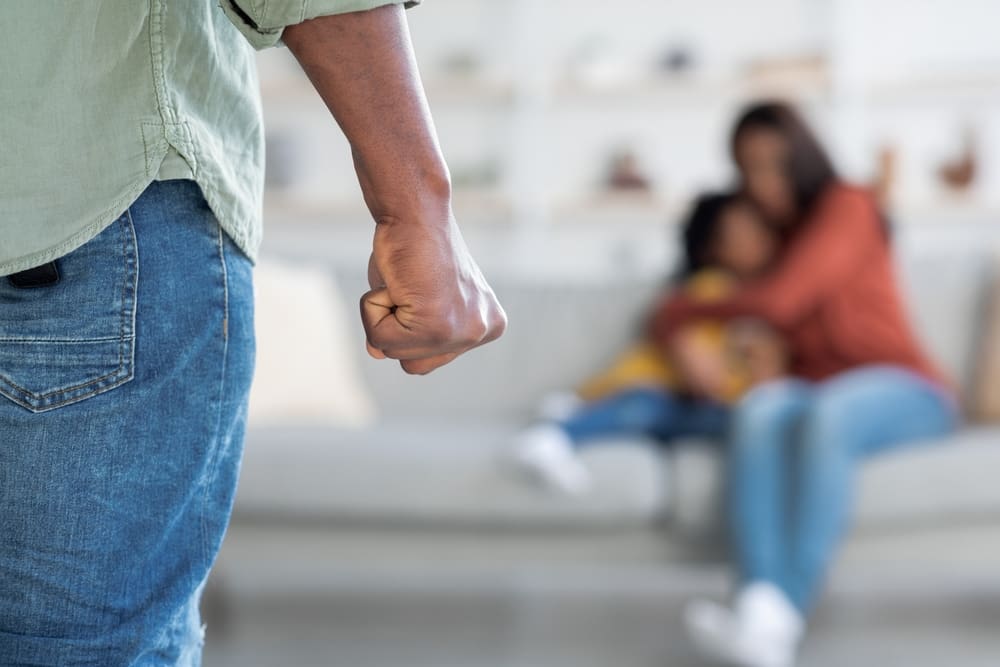In a world ceaselessly pursuing progress, the disheartening reality of persistent issues like rape, violence, and verbal abuse casts a shadow on our collective journey. These traumatic experiences have the power to shatter lives, leaving victims grappling with isolation and overwhelming despair. Amid the darkness, a crucial and often underestimated ray of hope emerges: the life-saving potential inherent in seeking help. This article delves into the vital reasons why reaching out for support is not merely essential but can be a genuine lifeline for individuals navigating the complex aftermath of such harrowing events. As we confront the harsh realities that persist, understanding the transformative impact of seeking help becomes a beacon of resilience and empowerment in the face of trauma.
Understanding the gravity:
Before delving into the importance of seeking help, it’s vital to recognize the profound impact that rape, violence, and verbal abuse can have on an individual’s mental and physical well-being. Survivors often grapple with feelings of shame, guilt, and fear, making it challenging to break the silence surrounding their experiences.
The power of seeking help:
1. Breaking the silence:
The first step towards healing is breaking the silence. Acknowledging the pain and seeking help can be empowering for survivors. By doing so, they reclaim control over their narrative and take the initial steps towards recovery.
2. Professional guidance:
Trained professionals, such as therapists and counselors, play a crucial role in helping survivors navigate the complex emotions associated with trauma. Their expertise provides a safe space for individuals to express their feelings, facilitating the healing process.
3. Legal support:
Seeking legal assistance is paramount in cases of rape and violence. Legal professionals specializing in these matters can guide survivors through the legal processes, ensuring that justice is pursued and their rights are protected.
4. Community resources:
Various community organizations offer support services tailored to survivors’ needs. These resources often include support groups, hotlines, and shelters, providing a network of understanding individuals who can offer assistance during difficult times.
The importance of early intervention:
Addressing trauma promptly is crucial for long-term well-being. Early intervention not only mitigates the immediate impact of the abuse but also helps prevent the development of long-term psychological issues. Seeking help at the earliest opportunity can be a proactive step towards regaining a sense of normalcy and control.
The stigma surrounding seeking help:
Unfortunately, the stigma associated with seeking help for rape, violence, and verbal abuse persists. Victims may fear judgment or blame, deterring them from reaching out. It’s crucial to dispel this stigma and emphasize that seeking help is a sign of strength, not weakness.
Creating safe spaces:
Communities and workplaces can contribute significantly to creating safe spaces for survivors. By fostering an environment that encourages open dialogue and provides access to resources, we can contribute to breaking down barriers that prevent individuals from seeking help.
The journey toward healing commences with a courageous acknowledgment of the need for support and a decisive reach toward the various resources available. Breaking the silence becomes an act of empowerment, a catalyst for transforming pain into resilience.
Trained therapists and counselors offer not only expertise but a safe space for survivors to confront and navigate their emotions. Meanwhile, community organizations provide tailored support, fostering a network of understanding individuals who become pillars of strength during the recovery process.
As we advocate for seeking help, a collective responsibility emerges: dismantling the stigma surrounding reaching out. Creating a world where survivors feel empowered to reclaim their lives requires societal commitment to empathy and understanding. Let us champion a culture that encourages open dialogue, dispels judgment, and nurtures compassion.
Remember, reaching out is not just an individual choice; it is a collective commitment to fostering healing and hope.
This story was created using AI technology.










